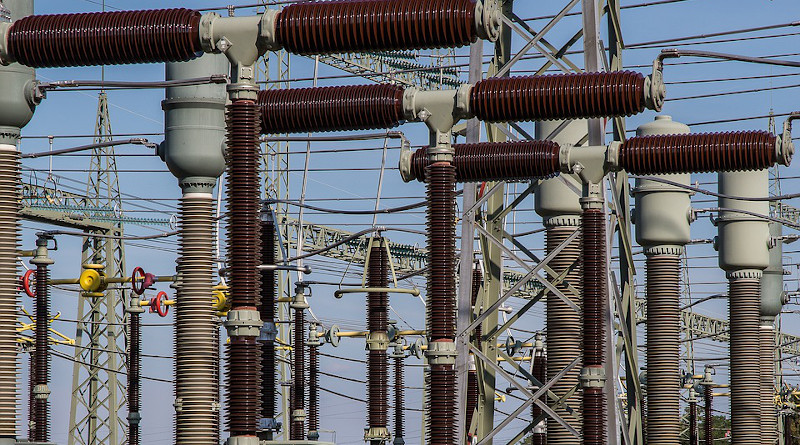Russia: Utility Breakdowns Almost Doubled From 2022 To 2023, Pointing Toward Infrastructure Collapse – OpEd
By Paul Goble
The number of breakdowns in Russia’s already stressed utility system which involves supplying electricity, water and heat to millions of its citizens almost doubled between 2022 and 2023, a trend that puts Russia on the track to infrastructure collapse, Anatoly Nesmiyan who blogs under the screen name El Murid.
This is the second wave of breakdowns of Soviet-era infrastructure. The first involved the collapse a decade or so ago of what was built in Khrushchev’s time. Now, El Murid says, it involves primarily that built in the Brezhnev era, networks that haven’t been repaired or updated since (publizist.ru/blogs/113683/47447/-).
The consequences of this are severe, he continues, because Russia is both a northern country where the collapse of utilities leads to real suffering and an increasingly urban one in which an ever greater share of its population depends on such networks rather than on its own devices.
In a certain sense, El Murid continues, this situation is “much worse” for the population than was the collapse of the Soviet Union since at that time, “there were many fewer problems of this kind. There were some [widely reported] ones of course, but definitely not like those” Russia faces at present.
“The cost of restoring municipal infrastructure is colossal,” he points out. “The volume of work and time cannot even be estimated offhand. But the country’s leadership, of course, has no time for this: we are taking Avdiivka [in Ukraine], and that is more important” for those in the Kremlin than the suffering of the population as a result of infrastructure collapse.
When this deterioration will lead to complete collapse is difficult to say, El Murid concludes; but it is difficult to avoid the conclusion that a collapse is coming and that when it does, it will have consequences far beyond the immediate suffering of Russians living in major cities.

